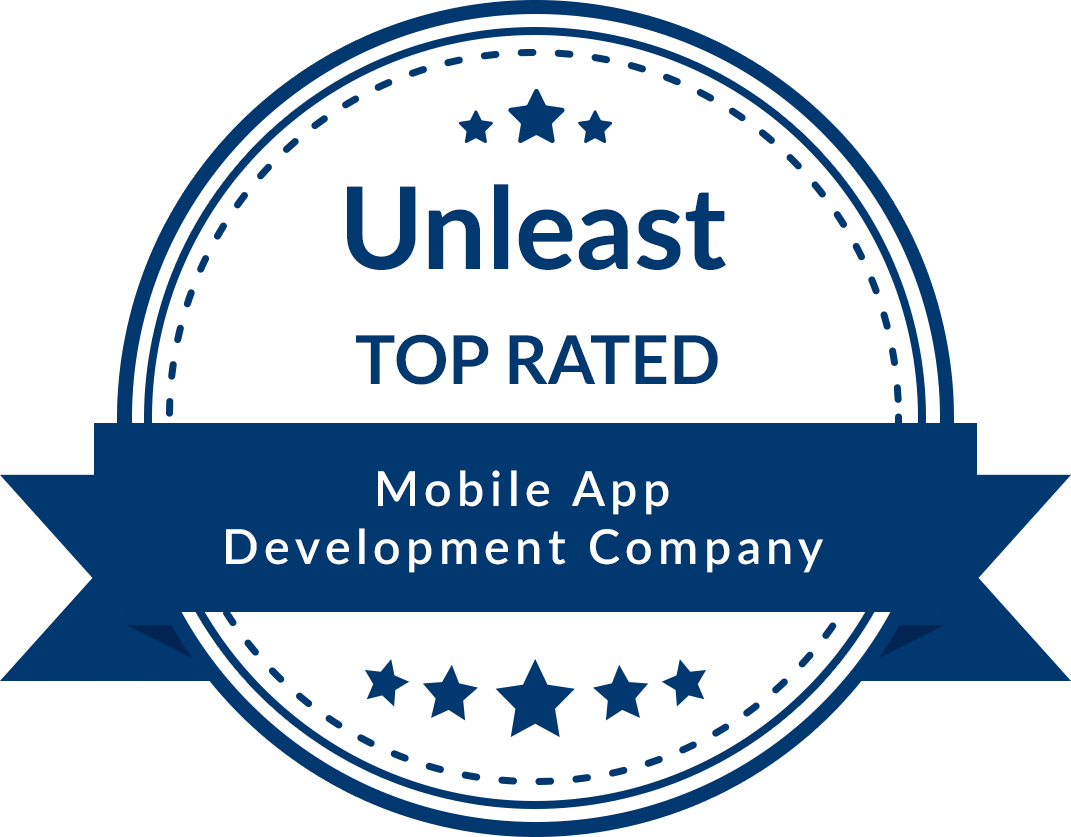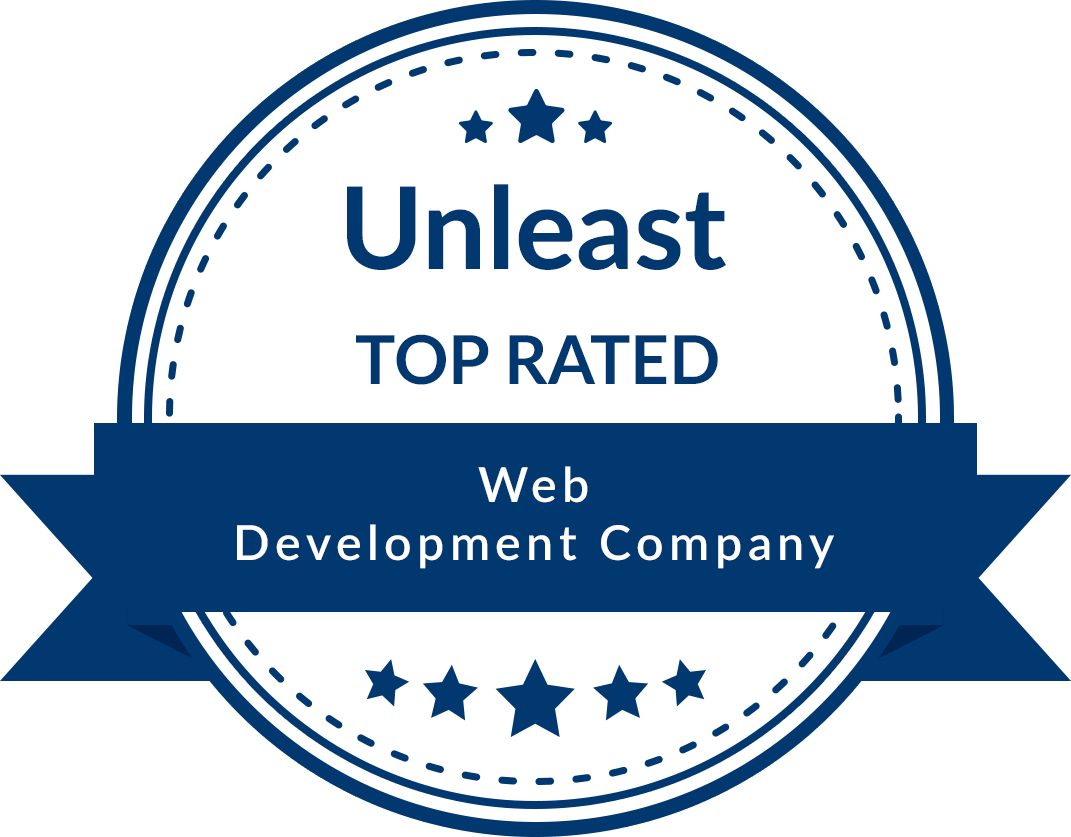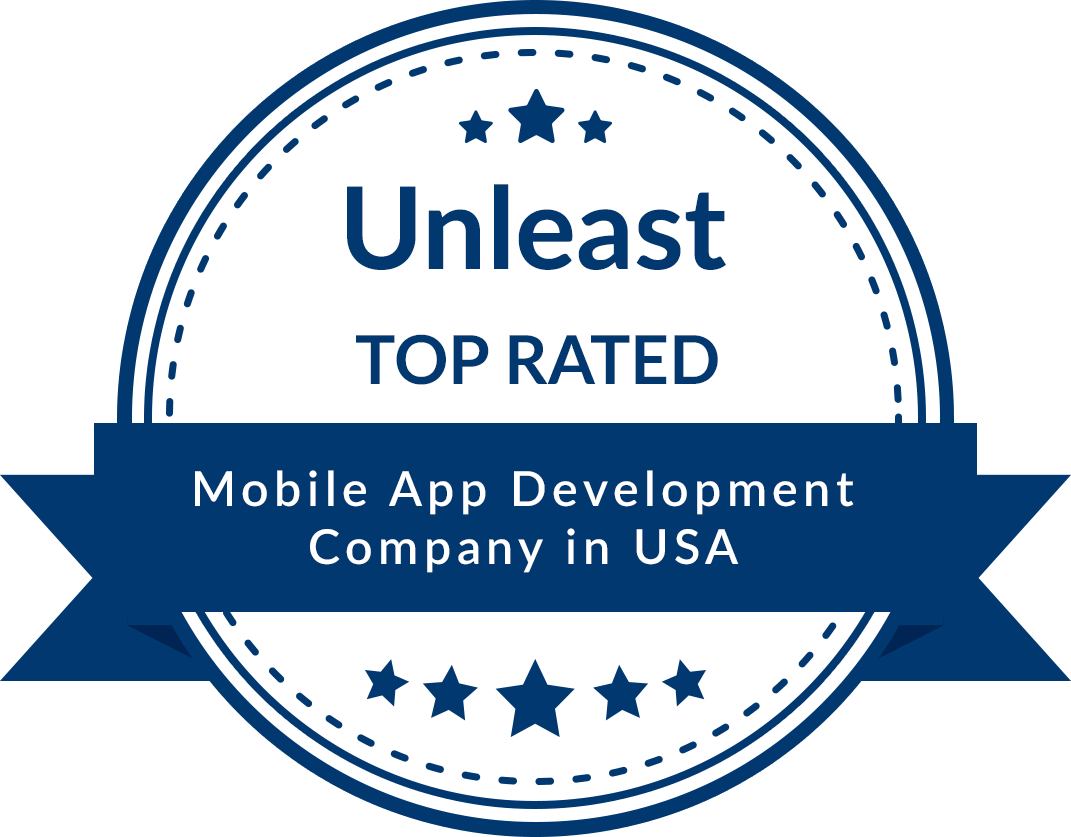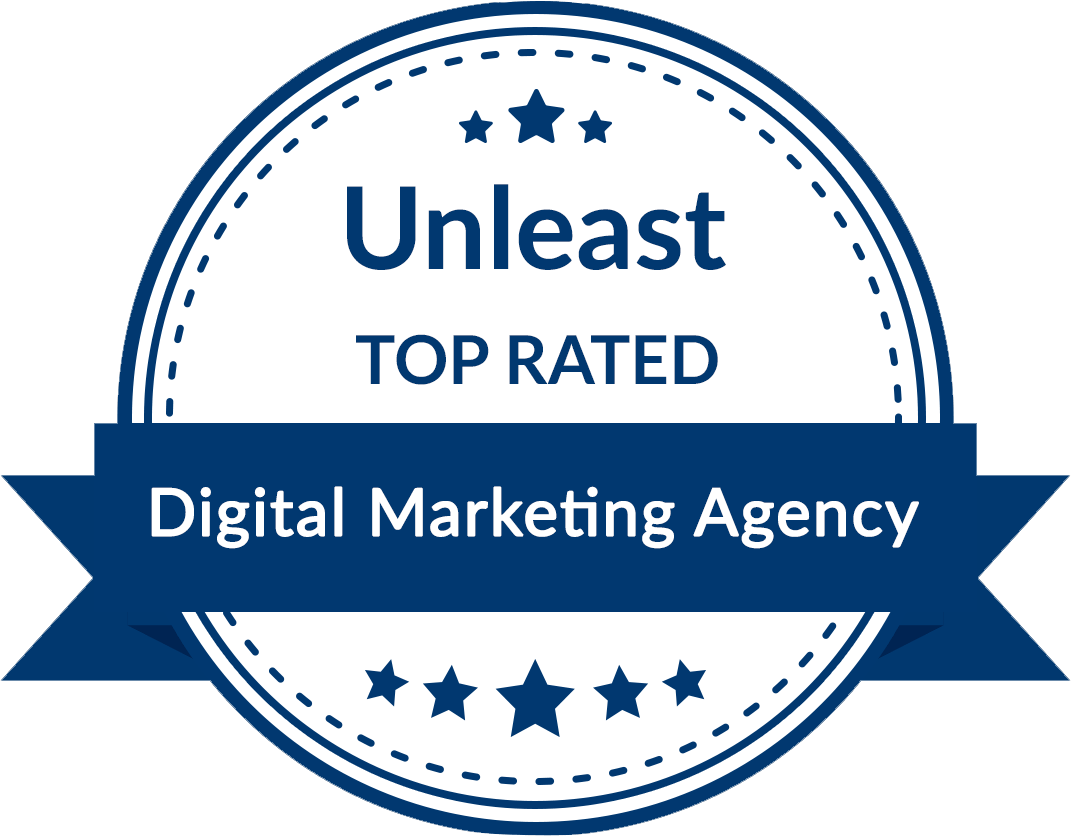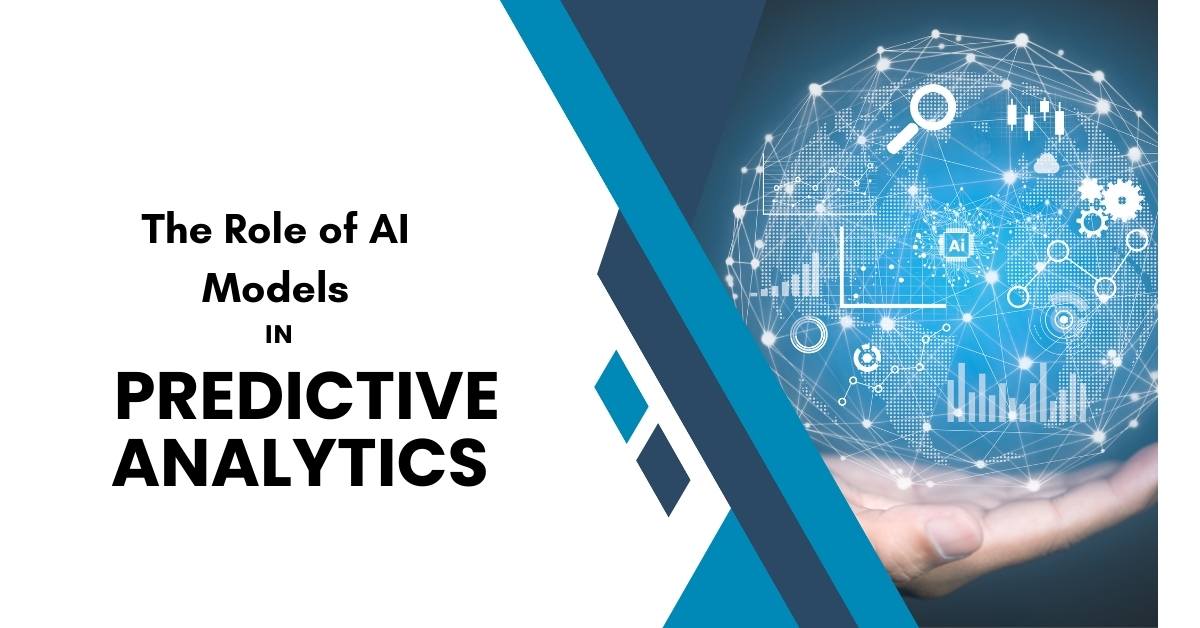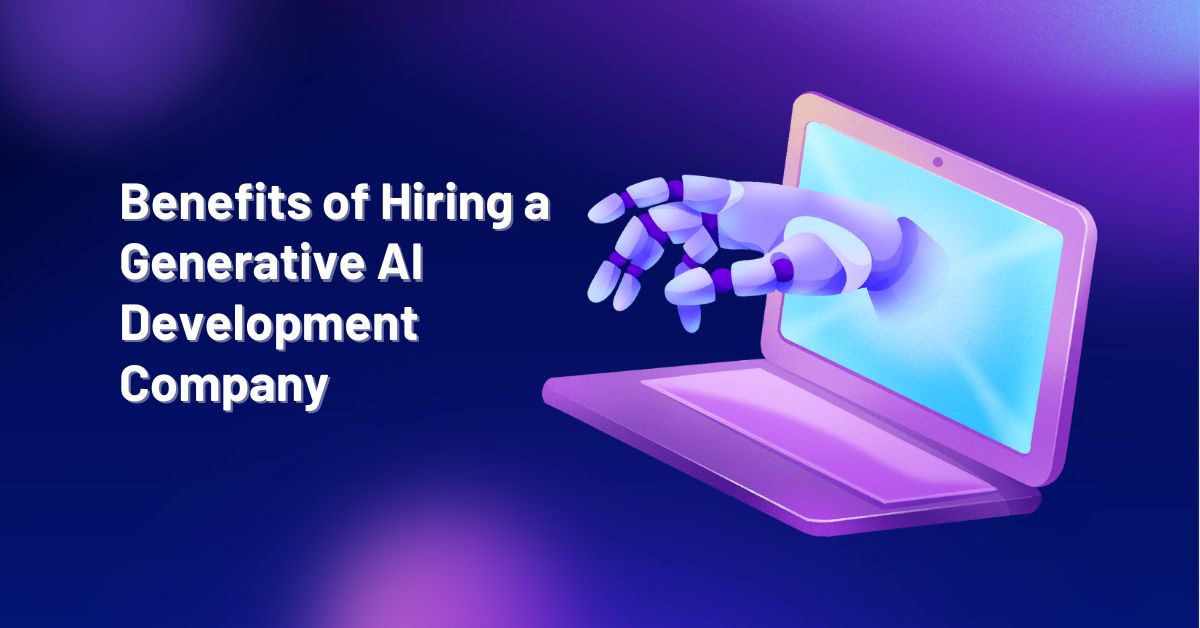
- Artificial intelligence
- 3 Apr, 2025
- Marcia Barron
Table of Contents
Generative AI development is transforming industries by enabling businesses to create intelligent, data-driven solutions. From automating content creation to enhancing customer interactions, generative AI is reshaping how businesses operate in the digital landscape. However, leveraging its full potential requires deep expertise, the right tools, and a strategic approach.
Understanding the benefits of generative AI goes beyond just automation. It helps businesses unlock creativity, improve decision-making, and deliver more personalized experiences. Hiring a generative AI development company provides businesses with the necessary technical skills, advanced resources, and innovative strategies to build AI-powered solutions. With dedicated professionals handling complex AI models, businesses can focus on integrating AI into their workflows efficiently. This approach ensures that AI solutions align with specific business objectives while staying up to date with the latest advancements in artificial intelligence.
Important Benefits of Hiring a Generative AI Development Company
Generative AI development can open new opportunities for businesses, but achieving real results requires more than just an understanding of AI models. It demands expertise, experience, and continuous innovation. This is where hiring a generative AI development company becomes valuable. These companies help businesses harness advanced technologies, saving time and resources while delivering custom solutions. By partnering with professionals, businesses can avoid common pitfalls and focus on using AI to improve processes, products, and customer experiences.
Here are some of the key benefits that make hiring a generative AI development company a smart choice.
Expertise in Advanced AI Technologies
Generative AI development involves working with complex algorithms, data models, and machine learning frameworks. A generative AI development service provider brings years of experience and specialized knowledge that in-house teams may lack. With exposure to multiple projects across industries, these companies understand how to design AI systems that meet specific goals.
Their expertise allows businesses to avoid trial-and-error methods, reducing risks and ensuring that the solution is not just functional but also optimized for performance and scalability. From selecting the right Artificial Intelligence model to fine-tuning it for accuracy, professional guidance leads to better outcomes.
Access to Skilled Talent
Building a strong generative AI solution requires more than just AI engineers. Data scientists, machine learning experts, prompt engineers, and solution architects are all part of the process. Hiring and retaining such a diverse team in-house can be expensive and time-consuming.
A generative AI development company provides instant access to this skilled talent pool. Businesses can benefit from professionals who have already worked on complex AI solutions and understand the nuances of designing, developing, and deploying them. This access helps businesses achieve their goals faster and with greater precision.
Faster Solution Delivery
Generative AI development companies follow structured processes that help speed up project timelines. With predefined workflows, access to advanced tools, and reusable frameworks, they can move from planning to deployment much faster than an in-house team starting from scratch.
Quick delivery is important for businesses that want to stay competitive and adapt to market changes. These developers are well-versed in managing projects efficiently and handling unexpected challenges without causing delays. As a result, businesses can launch AI-powered solutions in shorter timeframes and start seeing value sooner.
Cost-Effective Generative AI Development
Building an in-house team for generative AI development requires significant investment in hiring, training, and infrastructure. Additionally, maintaining such teams and resources over time can lead to ongoing expenses.
Hiring a generative AI development company allows businesses to manage costs more effectively. Companies can avoid upfront infrastructure investments and benefit from flexible pricing models. The cost predictability and the ability to scale services as needed make this approach more budget-friendly. It also reduces the financial risk associated with failed experiments or long trial phases.
Customized Business Solutions
Every business has unique goals, challenges, and processes. Best Generative AI developers focus on creating solutions that are tailored to these specific needs. Instead of relying on generic models, they design AI systems that align with business objectives, industry standards, and customer expectations.
Customized solutions ensure that businesses get maximum value from generative AI technology. Whether it is automating content creation, enhancing customer interactions, or optimizing workflows, tailored solutions help achieve better results and drive innovation in the right direction.
Scalability and Flexibility
Business needs change over time, and generative AI solutions must be able to grow along with them. A generative AI development company builds systems that are scalable and adaptable. Whether it is handling larger datasets, expanding functionalities, or integrating with new platforms, scalability is always considered during development.
Flexibility also plays an important role. Businesses can adjust their AI strategies, add new features, or pivot their focus without having to rebuild systems from scratch. This approach allows businesses to respond quickly to changing market demands and stay competitive in a dynamic environment.
Continuous Support and Optimization
Generative AI development does not end with deployment. AI Models need regular monitoring, adjustments, and improvements to maintain accuracy and relevance. A generative AI development agency provides continuous support, ensuring that the solution performs well over time and adapts to new data or business requirements.
Ongoing optimization helps in fine-tuning gen AI models based on user interactions and real-world feedback. This results in better outcomes and sustained value for the business. With expert support always available, businesses can avoid technical challenges and focus on using AI to drive growth.
Access to Latest AI Trends and Innovations
The field of generative AI is evolving rapidly with new models, techniques, and tools emerging regularly. A generative AI development company keeps track of these advancements and applies them in client projects where relevant.
Businesses benefit from the latest innovations without investing time in research or training. By staying updated with cutting-edge technologies, companies can maintain a competitive edge and introduce features that keep their services fresh, relevant, and efficient.
Reduced Risk of Failure
Generative AI development involves complex processes that require careful handling of data, model selection, and deployment strategies. Mistakes in these areas can lead to project delays, unexpected costs, or failure to meet business goals. A generative AI development company reduces these risks by following proven methodologies and best practices.
These companies also ensure that data security, compliance, and ethical considerations are addressed from the start. This approach minimizes the chances of legal or reputational issues, providing businesses with peace of mind while working on advanced AI solutions.
Focus on Core Business Operations
Building and managing generative AI solutions internally can take significant time and attention away from core business activities. By partnering with a generative AI development company, businesses can delegate technical complexities to experts.
This allows internal teams to concentrate on strategy, customer relationships, and growth initiatives. With AI handled by professionals, businesses can move forward confidently, knowing that they are supported by reliable technology and skilled resources.
Conclusion
For businesses aiming to innovate and stay competitive, embracing generative AI is no longer optional. However, the complexity of model creation, data handling, and continuous improvement calls for more than internal efforts. A reliable approach involves relying on the expertise and structure that professional generative AI development companies bring. These businesses make it possible to achieve tailored AI solutions that align with real-world goals, ensuring long-term efficiency and adaptability.
By choosing the right support for generative AI development, businesses can focus on scaling ideas, improving customer experiences, and making smarter decisions. This allows technology to become an enabler rather than a distraction, supporting continuous growth in a rapidly evolving market.
Social Join To Us
Write for us
Table of Contents
Predictive analytics has long helped businesses anticipate trends, make informed decisions, and stay ahead of market shifts. Traditionally, it relied on analyzing historical data through predefined rules and statistical models. While this approach provided value, it often fell short when faced with today’s fast-changing business environment.
The introduction of AI models has transformed this space by offering more accurate, real-time, and scalable predictive capabilities. These models do more than analyze past data. They learn, adapt, and improve continuously, providing deeper insights and helping businesses respond faster to market dynamics.
The growing focus on AI model development has made it possible to create predictive systems that are more flexible and better suited to complex business challenges. As industries become increasingly data-driven, the combination of predictive analytics with advanced AI models is reshaping how businesses operate. From forecasting demand to personalizing customer experiences, AI is changing the predictive landscape in ways that were once unimaginable. This transformation is not just technical. It represents a strategic shift in how businesses use data to grow, compete, and innovate.
How AI Models Are Transforming Predictive Analytics for Businesses?
Predictive analytics is evolving rapidly, and AI models are at the core of this shift. Instead of relying only on past trends and fixed formulas, businesses now use intelligent systems that can think, learn, and improve over time. AI models bring flexibility, precision, and speed, helping businesses respond to real-world changes as they happen.
These models are redefining how businesses forecast outcomes, solve problems, and uncover opportunities. Below are some of the most impactful ways AI models are changing the way predictive analytics is used in business settings.
From Historical Guesswork to Real-Time Precision
Traditional predictive systems often focused on interpreting historical data to guess future trends. While helpful, these methods could lag behind the fast pace of changing markets. AI models bring real-time analysis into the equation. They constantly learn from new data, helping businesses make more current and relevant predictions.
For example, a retail business can use AI to adjust inventory in real time based on changing customer behavior, seasonal trends, or even weather forecasts. Instead of waiting for monthly reports, decisions can be made instantly using live data. This leads to fewer delays, better customer satisfaction, and improved operational efficiency.
Uncovering Hidden Insights with Advanced Pattern Recognition
One of the most powerful features of AI models is their ability to detect patterns that are too complex or subtle for traditional systems to identify. These models process vast amounts of structured and unstructured data, uncovering links and signals that might otherwise go unnoticed.
This ability helps businesses predict not only what will happen but also why. For example, a financial business can use AI to analyze customer transactions, social media activity, and economic data to forecast market behavior. These insights can lead to more strategic investments and better risk management.
Personalized Predictions for Every Customer and Use Case
AI models allow businesses to go beyond general forecasts and move toward individualized predictions. By analyzing user behavior, preferences, and interactions, these models help tailor experiences, recommendations, and services to specific needs.
In marketing, this translates to sending the right message at the right time to the right audience. In customer support, it helps predict issues before they arise. This kind of personalization not only improves customer satisfaction but also increases engagement and loyalty. Businesses benefit by creating stronger, data-backed relationships with their audience while optimizing performance across different use cases.
Making Sense of Complex, Multi-Source Data Automatically
Businesses today deal with data from multiple sources such as websites, apps, customer support channels, transactions, and sensors. Traditional predictive tools often struggle to integrate and make sense of this complexity. AI models simplify this by connecting these data sources and analyzing them as a whole.
This unified view helps create more accurate and complete predictions. For instance, in supply chain operations, AI models help businesses can analyze shipping delays, inventory levels, and market demand simultaneously. The result is a predictive system that gives clear, timely guidance. It reduces the chances of overstocking or understocking and ensures smoother business operations.
Automating Forecasting Workflows to Save Time and Costs
One of the most noticeable transformations AI models bring to predictive analytics is automation. Traditional forecasting methods often required manual setup, continuous monitoring, and regular updates. AI models reduce the need for such involvement by automatically learning from new data and adjusting predictions accordingly.
This level of automation saves valuable time for teams and cuts down operational costs. Businesses can shift their focus from maintaining tools to acting on insights. For example, in logistics, AI can automatically forecast demand spikes and optimize delivery routes without manual input. This streamlining of predictive workflows leads to faster decisions and better resource allocation.
Enabling Smarter, Faster Decisions Across All Departments
AI models do not just improve analytics for a single team. Their impact spreads across departments. Sales, marketing, finance, HR, and operations can all use AI-powered predictions to make more informed decisions faster. These models translate raw data into clear, actionable insights that are easy for non-technical teams to understand and use.
For example, an HR team might use predictive analytics to forecast hiring needs or employee turnover. Finance teams can detect unusual spending patterns or predict cash flow issues before they arise. The result is a more agile business environment where decisions are not just based on intuition but on reliable, data-driven forecasts.
Conclusion
AI Models Are the Future of Predictive Analytics in Business
The role of AI models in predictive analytics is reshaping how businesses think, plan, and respond. These models bring speed, depth, and clarity that traditional systems often lacked. From real-time forecasting to advanced personalization, the changes are visible in nearly every industry. Businesses are now equipped with tools that not only predict outcomes but also guide them through uncertainty with confidence.
As AI continues to evolve, predictive systems will become even more intelligent and adaptive. This shift creates space for smarter strategies and sharper insights across departments. Choosing technologies supported by top AI development companies ensures access to models that are well-tuned for real business environments. With the growing volume and complexity of data, having reliable AI systems to power predictions is no longer a future goal but a present necessity.
In a world that rewards anticipation and agility, AI models have become essential to helping businesses lead with data and drive long-term success.





